Worlds Within Worlds: The First Heroic Fantasy (Part I)
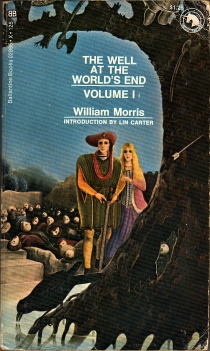 Who was the first person to write high fantasy?
Who was the first person to write high fantasy?
It seems like a simple enough question. By “high fantasy” I mean a story set in a world that is not this one. John Clute, in The Encyclopedia of Fantasy, defines high fantasies as stories “set in otherworlds, specifically secondary worlds, and which deal with matters affecting the destiny of those worlds.” In this definition, ‘Secondary worlds’ is Tolkien’s useful term for a fictional, self-consistent world with its own geography and history.
There’s a bit of ambiguity here, though. A secondary world is not necessarily a wholly other world. Tolkien intended his world of Arda to represent this world in a mythic, pre-historic time. Similarly, Robert E. Howard’s stories of Conan and Kull were meant to take place before the dawn of recorded history, and even most (if not all) of Clark Ashton Smith’s stories are given a precise relation to reality. In fact, Smith locates his stories almost everywhere in the existing universe that a fantasy could conceivably be placed: in the past (Hyperborea, Poseidonis), in the far future (Zothique), on other worlds known (Mars) or unknown (Xiccarph).
These choices of settings justify the fantasy. They explain how the fantasy can be imagined to exist, and make suspension of disbelief easier by linking the fantasy to reality. They frame the fantasy, if you like, in a connection to the real. That’s interesting, but it makes you wonder who the first person was that discarded the frame, and stepped wholly outside of reality. Or, to reframe my original question: who was the first person to come up with the idea of setting a story entirely in a world that is not our own? Who told the first story that had no link to the real world?

 Warning: This essay contains some spoilers.
Warning: This essay contains some spoilers. Because this series about riding about the dragon called Publishing is geared at writers just starting out writing fantasy stories and novels, I thought I’d pull together
Because this series about riding about the dragon called Publishing is geared at writers just starting out writing fantasy stories and novels, I thought I’d pull together 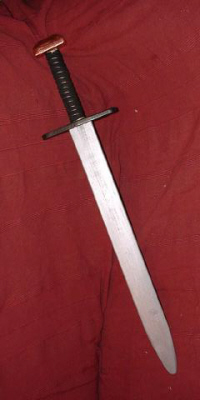
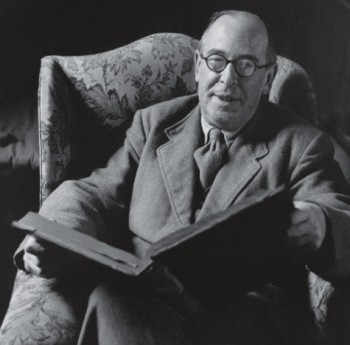 Though he’s best known as the author of the Chronicles of Narnia, C.S. Lewis (1898-1963) was also a prolific essayist and an ardent defender of fantasy literature. In addition to medieval studies (The Allegory of Love) and Christian apologetics (Mere Christianity), Lewis wrote several essays about the enduring appeal of
Though he’s best known as the author of the Chronicles of Narnia, C.S. Lewis (1898-1963) was also a prolific essayist and an ardent defender of fantasy literature. In addition to medieval studies (The Allegory of Love) and Christian apologetics (Mere Christianity), Lewis wrote several essays about the enduring appeal of 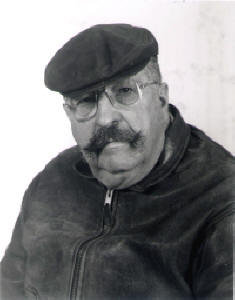 Freedom, love of neighbour, and personal responsibility are steep slopes; he could not climb them for us—we must do that ourselves. But he has shown us the road and the reward.
Freedom, love of neighbour, and personal responsibility are steep slopes; he could not climb them for us—we must do that ourselves. But he has shown us the road and the reward. But what about the single most important aspect of the writing process? Yes, I’m talking about butt-in-chair time. How do you get yourself into a good schedule and motivated to write?
But what about the single most important aspect of the writing process? Yes, I’m talking about butt-in-chair time. How do you get yourself into a good schedule and motivated to write?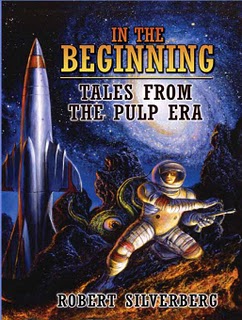 In a post on his blog last week, Canadian science fiction author Robert Sawyer asked “
In a post on his blog last week, Canadian science fiction author Robert Sawyer asked “